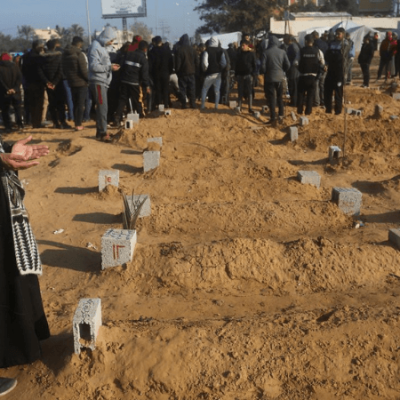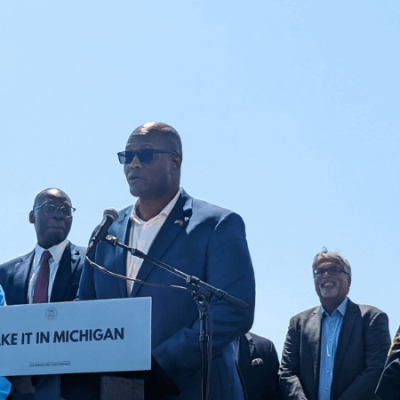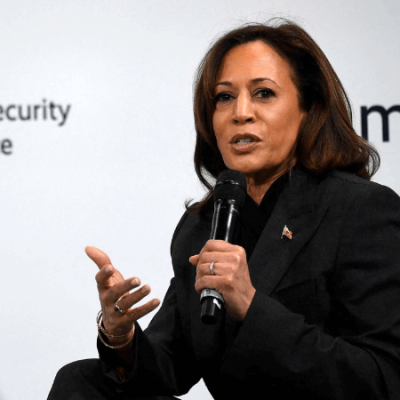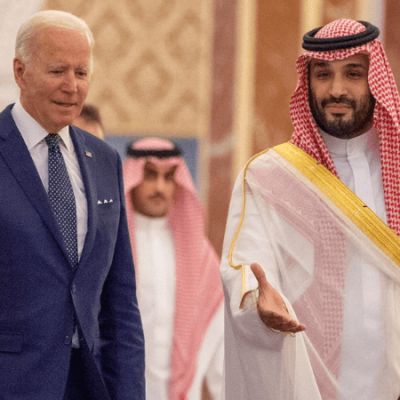US and Bangladesh: Stirring the Pot or Seeking Change?
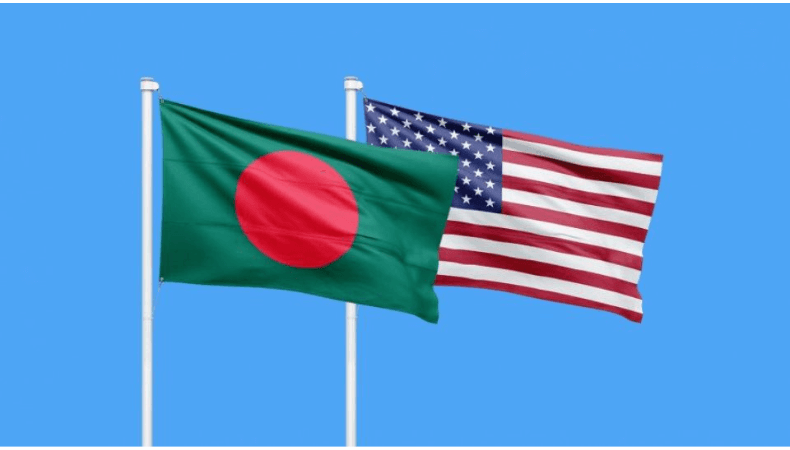
In a surprising twist of diplomatic maneuvers, the United States finds itself amid controversy, allegedly engaging with the controversial Bangladesh Jamaat-e-Islami party. The political climate in Bangladesh is heating up as the nation prepares for the upcoming elections on January 7, 2024. With accusations of interference and a potential regime change, questions are arising about the US role and the parallels being drawn to historical events.
Unlikely Diplomacy: A Resurrected Controversy
Imagine a scenario where a far-right party from a bygone era resurrects itself, seeking legitimacy in the contemporary political landscape. In an unexpected turn, the US embassy engages with this party, sparking concerns about interference and influencing the political dynamics of a nation. This analogy finds its parallel in Bangladesh, where reports suggest that the first political secretary at the US embassy met with leaders of the Bangladesh Jamaat-e-Islami, a party with a controversial history.
The Bangladesh Jamaat-e-Islami, formerly known as Jamaat-e-Islami Pakistan, has a contentious past, opposing the creation of Bangladesh. Accusations of atrocities during the 1971 Liberation War, advocacy for Sharia law, and targeting of minorities have surrounded this political entity. The US’s engagement with such a party draws parallels to a scenario where historical extremist ideologies resurface, adding complexity to the political landscape.
The Hasina Government’s Concerns
The timing of the alleged US engagement raises eyebrows, especially as the Supreme Court in Bangladesh dismissed Jamaat’s appeal to participate in the upcoming elections due to constitutional violations. The ruling Awami League, led by Prime Minister Sheikh Hasina, has voiced concerns that the US may be pushing for a regime change in Bangladesh. The public expression of such suspicions adds a layer of intrigue to the unfolding political drama.
Keep reading
Arab Spring Echoes in Bangladesh?
Comparisons are drawn to the Arab Spring, a series of protests that swept through the Arab world, leading to regime changes in several countries. In Dhaka, a common slogan echoing through the streets – “The streets will decide the fate of Bangladesh” – raises questions about the potential for an Arab Spring-like movement. However, contrasting opinions suggest that the current protests are fueled by political factions rather than a widespread grassroots movement.
The US Agenda: Seeking Change or Playing Geopolitics?
Prime Minister Hasina’s claim that the US desires a regime change fuels speculations about the underlying motives. Some analysts point to discontent with Hasina’s government, citing concerns about corruption, suppression of dissent, and a perceived drift towards a one-party state. The US’s push for talks with opposition parties and the threat of visa restrictions adds to the complexity, leaving room for interpretations of geopolitical interests and alliances.
The Unfinished Story: Bangladesh’s Path to the Ballot Box
As the political unrest simmers on the streets of Dhaka, the critical question remains: Is Bangladesh on the brink of its version of the Arab Spring, or is this a manifestation of internal political dynamics? Despite the protests and accusations, Bangladesh is gearing up for the January 7 elections. The ballot box will ultimately determine the nation’s future, providing a democratic avenue for citizens to voice their aspirations and concerns.
In a complex geopolitical landscape, where historical ideologies resurface and nations navigate delicate diplomatic relationships, Bangladesh stands at a crucial juncture. The coming elections will not only shape the nation’s political trajectory but also offer insights into the role of external actors in the democratic processes of sovereign nations.



